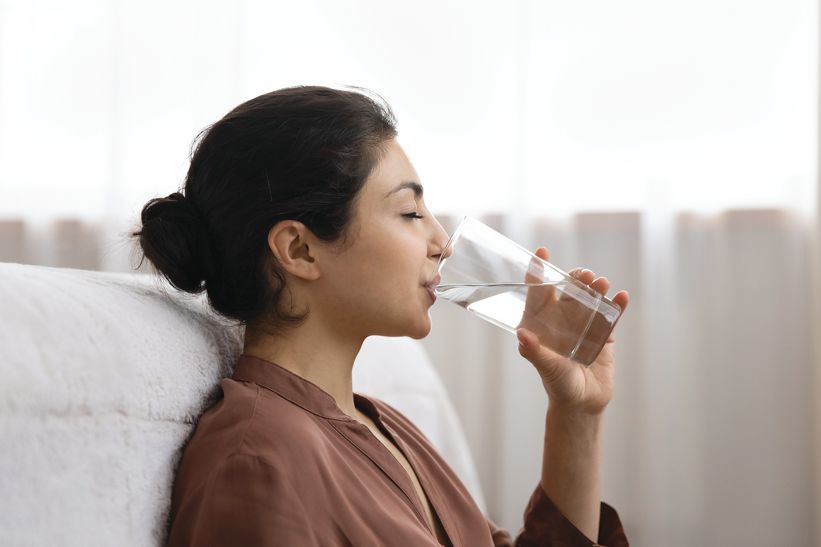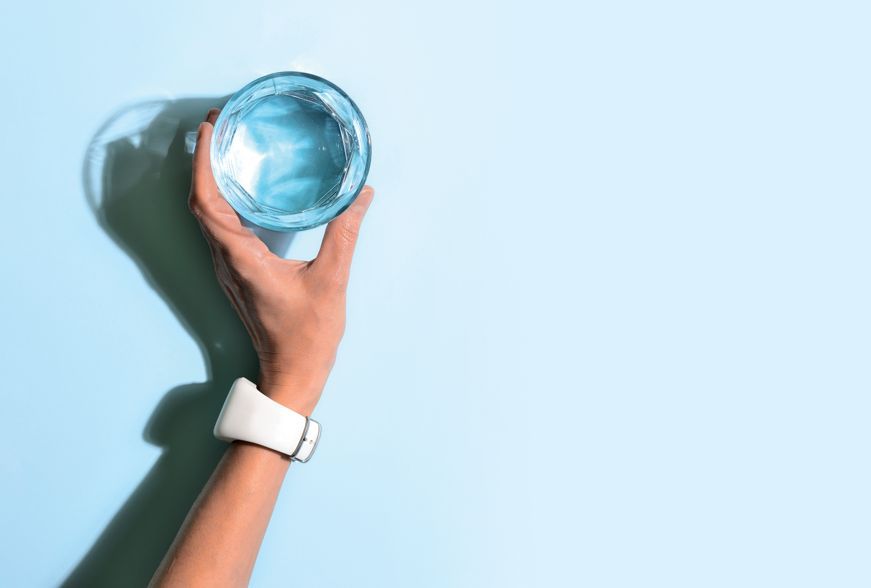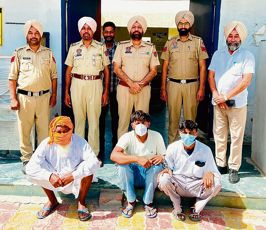
There is no one-size-fits-all recommendation. Our daily required intake depends upon many factors like body weight, gender, age, outside temperature.
Sunil Prakash
HOW much water do we need to drink every day? Globally, the gold standard for adults is eight to 10 glasses a day, which is roughly around 2 litres.
Functions of water
- Our body is 60 per cent water. Water carries nutrients and oxygen to body’s cells.
- It helps excrete toxic metabolic products through urine, stool and sweat.
- Cushions brain, spinal cord, etc.
- Lubricates joints and tissues.
- Regulates and maintains normal body temperature.
- Normalises blood pressure.
- Maintains electrolyte/sodium balance.
There is no one-size-fits-all parameter. How much water is needed daily by any person depends upon his/her weight, gender, age, level of physical activity, season, outside temperatures, etc. Those living in hotter climates or having more protein or salt intake need more water. In winter, the water intake reduces because we sweat less and feel less thirsty. There is no binding on how much to drink. Water intake is governed by physical activity, type of diet and salt intake. Our thirst will guide us to the right requirement in different situations, as needs may change.
In some medical conditions like high fever, diarrhoea and vomiting, patients need more water and quickly to protect kidneys, particularly infants and children, as diarrhoea is still the commonest cause of kidney failure in children.
Advantages of adequate water intake
- Prevents urinary tract infection and reduces risk of kidney stones. It helps in flushing out bacteria from the bladder.
- Reduces the risk of colon and urinary bladder cancer.
- Aids digestion, prevents constipation and chances of getting fissures and piles.
- Good for our skin and helps prevent acne and other skin diseases.
Similarly, gym-goers, athletes and long-distance runners need more water intake than others. They should have water before, during and after physical activity. Many such youngsters get muscle injuries, and in worse cases, even kidney failure, if they don’t drink enough water. Pregnant and lactating women too need to drink more water. The elderly consciously need to watch their water intake because the thirst mechanisms get affected and can malfunction in old age. Old people on diuretic medications should also drink more water, as such drugs can cause fluid loss, or worse, even dehydration, which can be dangerous.
However, cardiac, renal and chronic liver disease patients should restrict their water intake to around a litre of total fluid per day or less, or as advised by their doctor, and their salt intake to 2-5 gm per day. In such patients, the total fluid intake should be less than the total urine passed daily. If such patients are unable to restrict their water intake, they can have water/fluid build-up in their lungs which can be fatal.
Some psychiatric patients develop a compulsive desire to drink excessive water (psychogenic polydipsia) even when not thirsty. Some psychotropic and anti-cancer drugs also cause water retention. Those on these medications need to restrict water intake.
Normally, kidneys can excrete between 500 ml and 12 litres of urine daily. Water intake beyond 10 to 12 litres, especially in presence of any kidney or hormonal disorder like inappropriate secretion of anti-diuretic hormone (ADH), may cause severe dilution of sodium (hyponatremia) or sodium imbalance. Its symptoms are vague such as nausea, vomiting, headache and cramps. If not diagnosed and treated timely, this may lead to disorientation, confusion, convulsions, and even coma and brain damage.
People not affected by any health disorder should drink at least eight glasses of water every day, even those who lead a sedentary life. A rough formula is that for every 20 kg of body weight, you drink 1 litre of water. A good way is to drink to our thirst and avoid remaining thirsty for long.
Our water intake is adequate if we pass odourless, clear or pale yellow urine. A dark yellow urine signifies dehydration. In warm conditions, 3 litres of fluid intake is advisable. These could include water, juice, tea, coffee, soups, etc. However, plain water remains the safest and calorie-free option.
— The writer is Director and Head of Nephrology, BLK Max Hospital, New Delhi
Join Whatsapp Channel of The Tribune for latest updates.



























